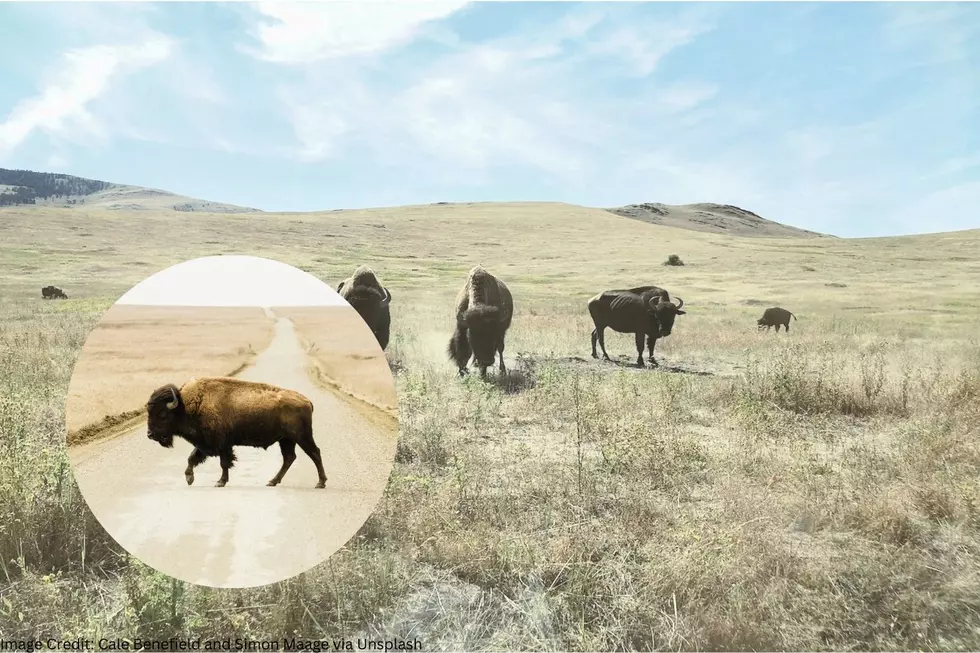
The Hunt for Evidence of 1840s Era Cabin Underway Near Royalton
ROYALTON -- It's the ultimate scavenger hunt. A group of St. Cloud State University students and their professor are looking for the remains of a cabin that would have stood back in the 1840s.
SCSU Archeology Professor Rob Mann is leading the effort on land once owned by William Warren just west of Royalton in Morrison County.
He says after digging for three weeks they have found enough evidence to feel comfortable they have found the cabin site.
We think features which would be perhaps parts of structures of fencelines and things like that which date to the right time period.
They are mostly finding small fragments of china, or ceramic tableware, that he's able to identify as from the right time period.
The types and styles we're finding on this site would have been the types and styles that were popular in the 1830s, 40s, and 50s.
Mann says in the two weeks they have remaining on the site they'd still like to find more solid evidence of the actual cabin structure.
Solid evidence that there was a structure, a wall, a trench, or a foundation. That the geophysical survey was correct that there was a large structure here on this spot.
Of course, Native Americans would have been on that same land for thousands of years before Europeans arrived. Mann says they have an agreement with the Mille Lacs Band of Ojibwe to replace anything they find that predates European arrival on the land.
Also, there was another family, the McDougalls, that lived on the homestead after William Warren, so the team needs to eliminate any artifacts they find that are from the time period of 1860 or later.
Mann says whatever evidence they find they'll bring it back to campus for more analysis this fall.
We don't just dig it up and then stop, we continue through the whole process. What was it? How was it used? What does it date to? What can it tell us about life here in the 1840s and 1850s?
There is still one structure standing on the property, it is a barn that was built in 1874 by Peter McDougall. The McDougall house burned down in the early 2000s. Mann says at some point in the future they could go back and focus more on the McDougall buildings on the same site.
The land is now owned by the Minnesota Department of Natural Resources and any objects they find will be permanently curated at the Minnesota Historical Society.

William Warren built a log cabin and founded a trading post on the site to serve fur traders along the oxcart trail. His book, History of the Ojibwe People, was published after his death in 1885.
Morrison County Archeology Dig
More From Mix 94.9









